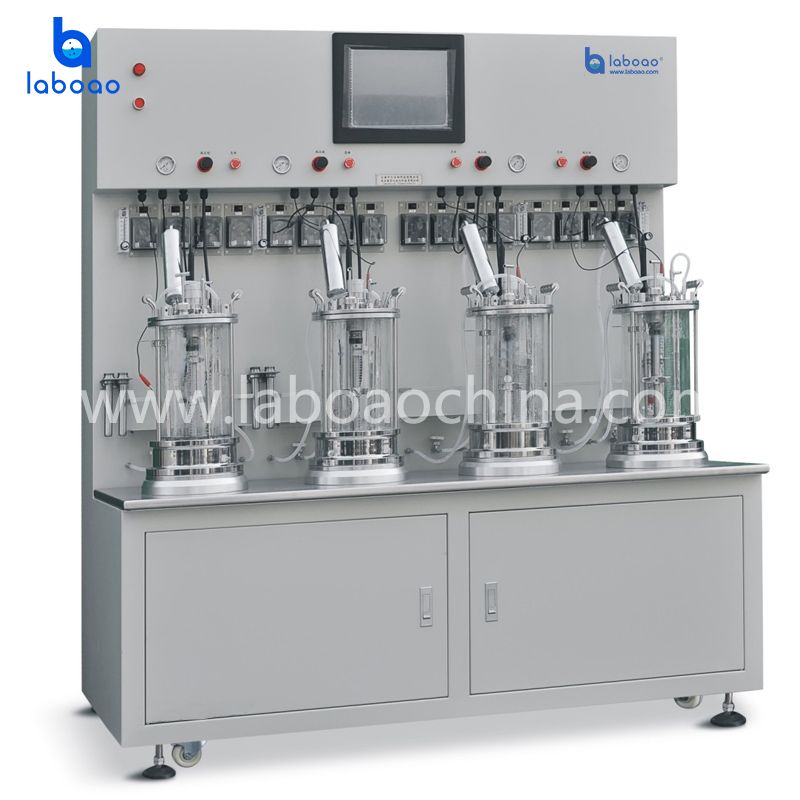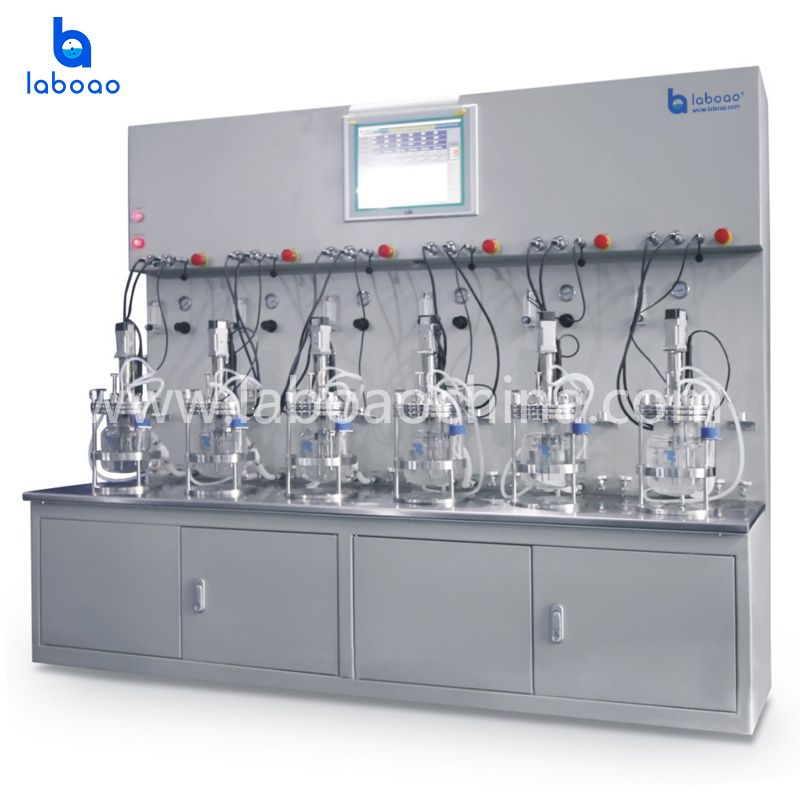What Types Of Bioreactors Are Commonly Used In Laboratories?
Whether animal cell culture technology can be industrialized and commercialized on a large scale depends on whether a suitable bioreactor can be designed. Due to the great difference between animal cells and microbial cells, traditional microbial reactors are obviously not suitable for large-scale culture of animal cells. First of all, it must be satisfied that under the condition of low shear force and good mixing, sufficient oxygen can be provided for cell growth and cell synthesis of products.
So what are the types of bioreactors commonly used in the laboratory? According to the material of the reactor, they can be divided into glass bioreactors, stainless steel bioreactors and disposable bioreactors.
(1) Glass bioreactors
At present, most of the reactors used for process development research at home and abroad are mainly glass tank reactors. Glass bioreactors have the characteristics of flexible configuration, powerful functions, simple operation, and easy upgrade and expansion. It is the best choice for animal cell culture and microbial fermentation research and development projects, and can be used for animal cell, Escherichia coli, yeast, fungus, insect cell and plant cell culture, etc.
(2) Stainless steel bioreactors
To date, almost all FDA-approved antibody drugs are produced in stainless steel reactors. Stainless steel bioreactors usually involve CIP modules, SIP modules, storage modules, etc. Therefore, the pipeline connection is very complicated, and the requirements for operators are relatively high. In the event of contamination, the entire system needs to be checked and sterilized. At the same time, stainless steel bioreactors also face high up-front equipment investment and operating costs.
(3) Disposable bioreactors
In recent years, single-use reactors have rapidly occupied the market with their advantages of no cleaning, no sterilization, and flexible operation. Shire's enzyme preparations are produced in single-use bioreactors and have been approved by the EMA for marketing. Compared with traditional stainless steel bioreactors, high similarity can be achieved with single-use bioreactors in terms of cell growth, antibody yield, and antibody quality. At the same time, it can also significantly reduce the production cost and shorten the production cycle.
With the rapid development of cell line construction technology and medium development technology, the cell density and antibody yield have been greatly improved, posing severe challenges to large-scale cell culture.
The rapid rise of single-use bioreactors has brought a huge impact on traditional stainless steel reactors. Because single-use bioreactors significantly increase operational flexibility and reduce contamination risks while reducing the bulk of CIP, SIP, and related validation efforts. If the leachables /precipitates and production scale problems can be solved well, it will be possible to replace stainless steel reactors and become the mainstream bioreactors for antibody production in the future.



